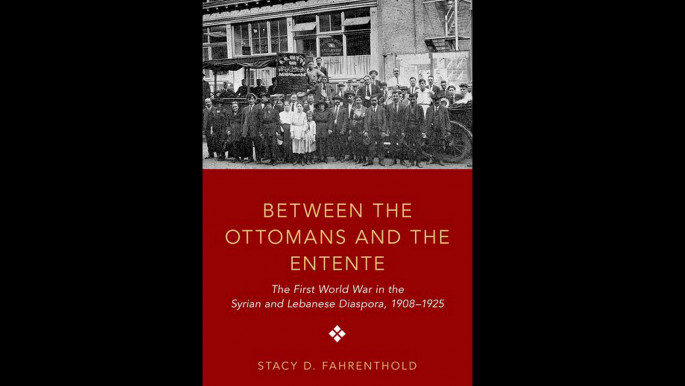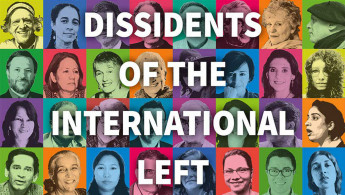Dissidents of the International Left: The state of the world post-Cold War
The post-Cold War period has been turbulent to say the least. Much of the causal responsibility can be attributed to the US pursuit of unipolar dominance with the EU following meekly. The clients have behaved as they did during the Cold War except that now there is no balancing bipolarity.
Lately, with the rise of China this may change; but China today is very different from the anti-colonial, anti-imperialist socialist country that it was in the 1950s and 1960s. The world economy is threatened with stagnation and world politics with the rise of fascism that is the crisis mode of governance for capitalism.
Under such circumstances – compounded by ecological crisis – the situation for the traditional left looks hopeless. The New Left has already broken into many sectarian groupuscules and academic cliques. The condition of the left in every country seems bleak indeed. Is there some hope that this series of interviews can offer for a better world in the 21st century? I think there are some glimmers of hope at least.
Such a book could hardly be exhaustive in its coverage. But, quite thoughtfully and courageously, Heintz has made a good faith effort which is evident from the geographic spread.
Furthermore, although it is a book of interviews, the interviewer is very aware of the fissures, blindness and sectarianism of especially the left from the global north. This is clear from his introduction to the book.
The following part of his introduction is particularly lucid: I had been following the fragmentation of the left in the West… One issue being vigorously debated… was: is there such a thing as humanitarian intervention? This question was… followed by… is military intervention… in another country justified if that intervention could prevent genocide, ethnic cleansing or crimes against humanity? (Heintz, 10)
 |
|
| Read more from The New Arab's Book Club: Between the Ottomans and the Entente |
Heintz is particularly clear about the salience of such questions in a world still plagued by imperialism.
Amid many controversies of the post-Cold War history of the left that is yet to be written the controversy over the so-called humanitarian intervention has divided the left sharply in the global north.
Heintz through many of these interviews offers a rich case study. Although he does not pursue this in as great detail and depth as some others like Jean Bricmont, Aijaz Ahmad and Gilbert Achcar have done, there is enough that is indicative of both development and maldevelopment in the global capitalist order-disorder dialectic in material terms as well as in thought.
Marx had once written: "The bourgeois intellectual can never get beyond in his thought what the bourgeoisie can never get beyond in life."
Much of the controversy acknowledged by Heintz shows that many in the left he interviews have not got beyond the imperial-bourgeoisie mode of looking at the world. There is also more than a touch of chauvinism in the thinking of such "leftist" intellectuals of the global north and misconceptions, distortions and plain ignorance of the history and thinking from the global south.
Heintz by the diversity of his coverage and with great effort most admirably brings these global fissures to the surface without taking sides in a sectarian and provincial way.
The book is impressive both in terms of the range of questions and the diversity of answers. As an interviewer Heinz has the ability to pose sharp but nuanced questions in a positively warm and friendly manner.
This is a rare quality and succeeds in eliciting equally candid but nuanced answers. The interviews with Appiah, Chomsky, Walzer, Cofino, Facio, Farthing, Castillo, Sierra, Vargas, Anand, Baek, Hoodbhoy, Joya, Kapoor, Kodikara, Li, Park, Saeeda, Sen, Setalvad, Sharma, Young, Avdullahi, Chikwelu, Daaji, Igwe, Mamdani, Sebit, Sow, Azeez, Biehl, Eltantawi, Saleh, Helie, Lucas, Levy, Mahmoud, Kojovic, Licht, Monbiot, Namazie, Patel, Sahgal, Shevchenko and many others illustrate the gifts for lively, substantive conversations.
Heintz has added a brief afterword also. His deep commitment to global peace and the collective good of humanity is captured again by the final paragraph: The task in front of us is not an easy one, and the problems we face are complex and can’t be solved by short-term solutions, but we must confront them because to remain indifferent could have catastrophic consequences for us all. Let us get to work.
Indeed, the book is a call to action by many diverse voices for our common good. It is a book that deserves to be read by all who care about our common future and our small planet.




